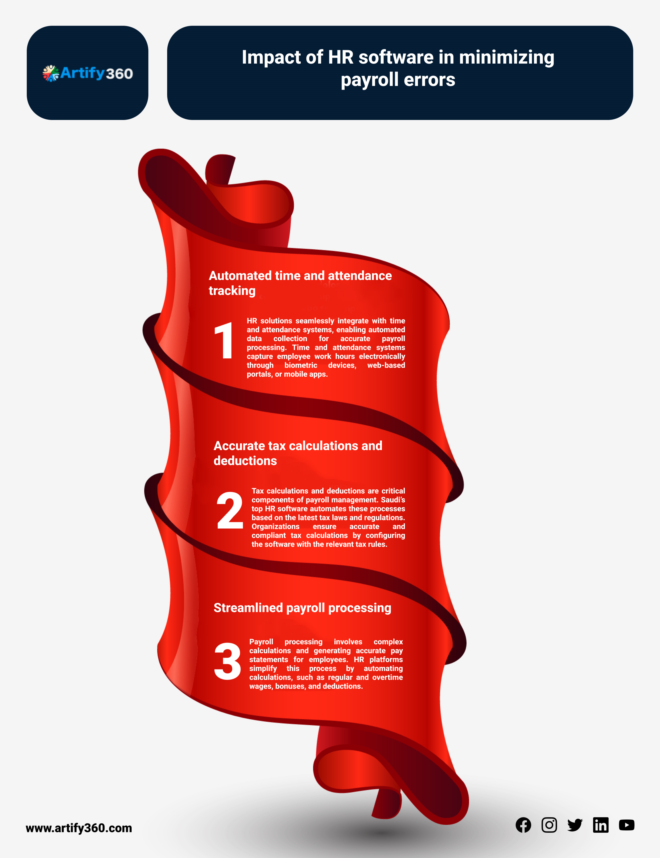blog address: https://globaltradeplaza.com/product/jet-fuel-a1-17
keywords: jet fuel exporter, jet fuel, importer, exporter, b2b marketplace
member since: Jan 16, 2024 | Viewed: 95
Jet Fuel Exporter: Navigating International Trade Route
Category: Business
In the fast-paced world of international trade, jet fuel plays a pivotal role in connecting nations and fueling the global economy. As the demand for air travel continues to soar, the need for a seamless supply chain of jet fuel becomes increasingly crucial. For jet fuel exporters, navigating the intricate web of international trade routes is both a challenge and an opportunity. This article delves into the dynamics of jet fuel export, exploring key factors and strategies that exporters must consider in this complex global landscape. The international jet fuel market is characterized by its sensitivity to geopolitical events, economic fluctuations, and the ever-evolving aviation industry. Jet fuel exporters must stay attuned to global trends, market demands, and regulatory changes to make informed decisions. The market is influenced by factors such as airline expansions, fleet modernization, and environmental regulations that drive the demand for specific fuel types. Jet fuel export involves compliance with a myriad of international regulations, including safety standards, environmental protocols, and trade agreements. Exporters must navigate the intricate web of regulatory frameworks established by both exporting and importing countries. Understanding and adhering to these regulations is essential to avoid legal complications, secure trade routes, and maintain a positive reputation in the global market. Efficient logistics are the backbone of successful jet fuel export. The transportation of jet fuel demands meticulous planning due to the product's highly flammable nature. Exporters must choose reliable carriers, optimize transportation routes, and implement stringent safety protocols to ensure the smooth flow of fuel from production facilities to destination airports. Developing contingency plans for unexpected disruptions, such as adverse weather conditions or geopolitical tensions, is crucial to maintaining a resilient supply chain. Jet fuel exporters thrive on strategic partnerships with stakeholders across the supply chain. Collaborating with reputable refineries, logistics providers, and distributors is essential for creating a reliable and efficient export network. Strong partnerships foster trust, ensure quality control, and provide access to valuable market insights. As the aviation industry evolves, staying connected with industry players helps jet fuel exporters adapt to changing trends and emerging opportunities. Diversifying market presence is a key strategy for jet fuel exporters looking to mitigate risks and capitalize on diverse opportunities. While major aviation hubs remain primary destinations, emerging markets with growing air travel demand present untapped potential. Establishing a presence in these markets requires a nuanced understanding of local regulations, cultural nuances, and economic conditions. Successfully navigating diverse markets allows exporters to adapt to shifting demand and capitalize on emerging trends. In the digital age, technology plays a crucial role in streamlining processes and optimizing efficiency. Jet fuel exporters can leverage advanced technologies such as blockchain for transparent supply chain management, data analytics for market intelligence, and real-time tracking systems for enhanced logistics. Embracing innovation not only improves operational efficiency but also positions exporters as industry leaders in a competitive global market. Navigating international trade routes as a jet fuel exporter demands a comprehensive understanding of market dynamics, regulatory frameworks, logistical challenges, and strategic partnerships. Successful exporters embrace technological advancements, stay adaptable to changing industry trends, and explore diverse markets to build resilient and sustainable businesses. By addressing these factors, jet fuel exporters can not only meet the growing demand for air travel but also contribute to the seamless functioning of the global aviation ecosystem.Understanding Market Dynamics:
Navigating Regulatory Frameworks:
Logistical Challenges:
Building Strong Partnerships:
Market Diversification:
Technology Adoption:
Conclusion:
{ More Related Blogs }
Business
Packaging Validation: Quality ...
May 7, 2024
Business
Microneedling NYC...
Jan 24, 2025
Business
Rénovation maison Nantes...
Dec 21, 2015
Business
Ketamine Infusion for Depressi...
Sep 11, 2024
Business
Travel Management Software for...
Jan 23, 2025
Business
molecular sieve powder for moi...
Jan 24, 2025



